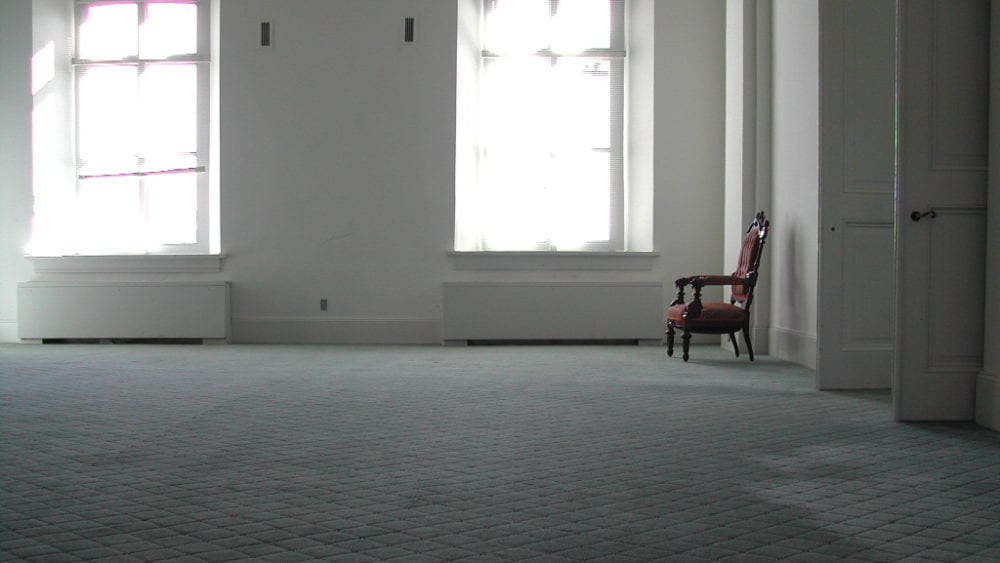Many homes and businesses are vacant when on the market. As a real estate professional, it is important to understand the unique risks associated with vacant property, how to mitigate them, and the use of unoccupied property insurance.
Statistics show vacant buildings are at a higher risk of sustaining damage. They are an obvious target for theft, trespassing, and vandalism. For example, the rising cost of copper has increased theft of HVAC units and pipes. Unoccupied properties are also susceptible to undetected damages such as water leaks, fire, electrical explosions, wind damage, and mold.
Unoccupied Property Insurance
Most homeowners’ insurance policies include a clause that greatly reduces or removes coverage if the dwelling is unoccupied for more than 30 or 60 days. Commercial building insurance policies are similar. However, unoccupied property insurance is available. Review your existing policies, understand their vacancy provisions, and obtain a vacant property insurance quote if needed.
Because of the increased risks, unoccupied property insurance is more costly, usually at least one and a half times higher. Price is important, but equally so are the suitability and levels of coverage. If an owner pays for an improper insurance policy on a vacant property, it will do them no good if it doesn’t pay for a claim. Similarly, inadequate levels of coverage can be just as damaging.
Vacant property insurance policies are available in standard twelve month terms, but often in shorter three or six month terms if desired. Be aware of any “minimum earned premium” provisions in these policies. For example, if a twelve month policy is purchased and its minimum earned premium is 50%, then even if the property is sold after three months, it will still cost 50% of the full policy premium.
Ways to Mitigate Risk
Other than unoccupied property insurance, below are simple steps owners can take to limit their risk and liability.
- Prevent vandalism: Notify local authorities of your vacated property so they can watch for criminal behavior. Maintain an occupied appearance – mow the lawn, forward mail or pick it up regularly, and install light timers and/or a security system.
- Limit liability: Make sure the property is free from significant hazards such as broken railings, steps, or windows. These can injure visitors to the property such as real estate agents, prospective buyers, maintenance workers, firefighters, or even trespassers. Yes, lawsuits have been filed and won by criminals injured while trespassing.
- Avoid damage: Performing regular maintenance on the property will decrease the odds of sustaining damage. Clean and inspect the heating system and chimney regularly. Winterize all plumbing to prevent frozen pipes. Periodically inspect the roof, insulation, attic, basement, gutters, and other areas for any necessary repairs, mold, or damage. Consider installing smoke detectors that call the fire department in the case of an alarm. Remove excess material and combustibles from inside and outside the building.
For more information, contact your Bankers Insurance agent. Not a client of ours? Let us compete for your business. Each of our clients is assigned a personal agent in our office, provided their email address, and given a phone number that rings right on their desk. Give us a call at (877) 606-1375 or email us.
Homeowners Insurance Commercial Property Insurance
Was this article helpful?
- Share it using the links below.
- Forward it to a friend.
- Check out our other insurance articles for real estate professionals.
- Join our mailing list.




Comments are closed.